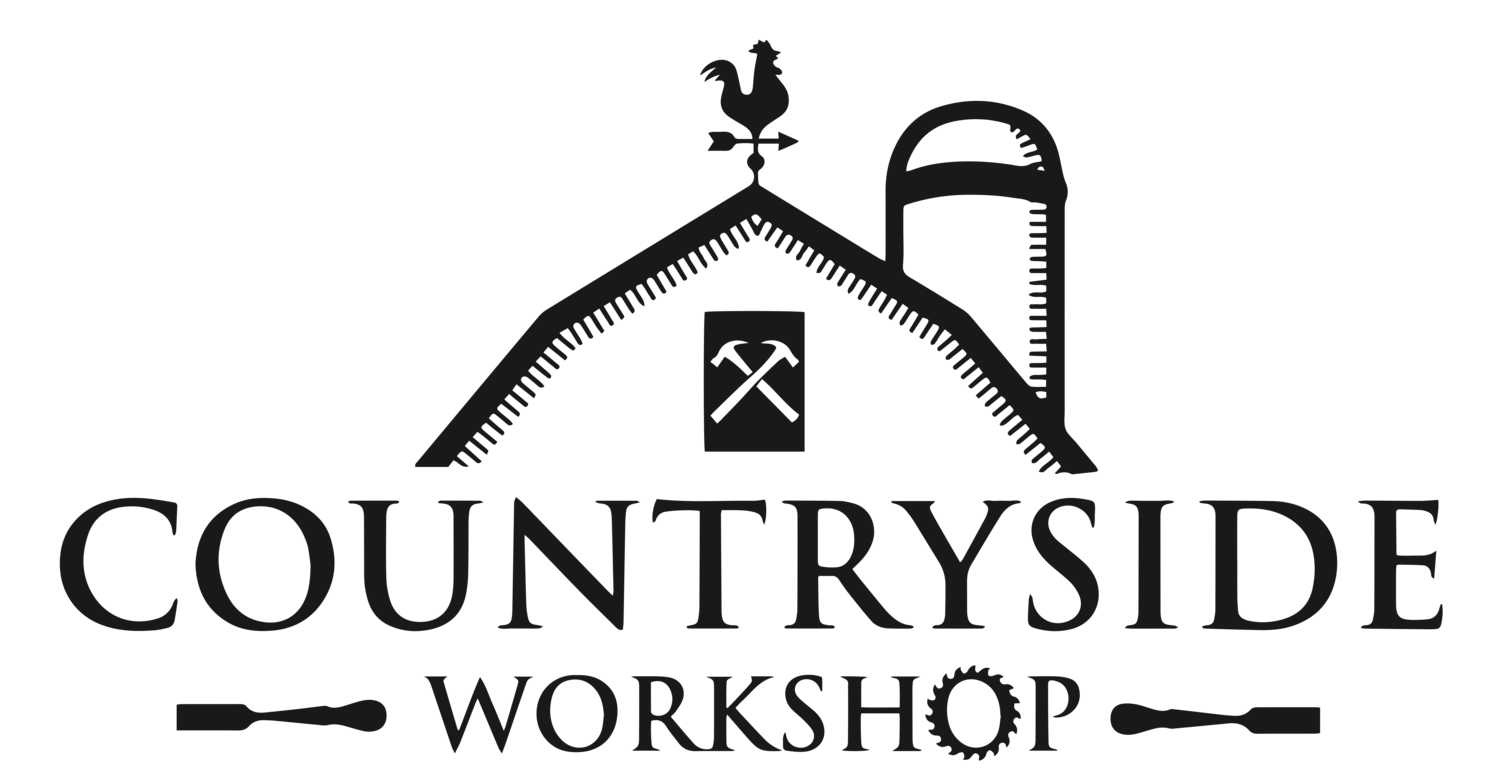This is one topic that everyone faces and everyone struggles with at one point or another. Whether you are applying for a job or work for yourself, you have to determine how much you are worth. Most applications ask you how much you want to get paid. That translates into, "How much do you think you are worth. How much value do you put on yourself and your skills?" And if you work for yourself you have to determine how much your time and skills are worth so you can make a living.
There are probably 100 different ways to come up with a value. But is that value accurate? One of the most common ways I see is the material cost + 100%, 200%, 300%, or even 400% = how much you should charge. It is a quick and easy way of coming up with a number, but it is also inaccurately depicts how much your time is worth. Whether you are hobbyist or a professional your time is worth something. So why not get paid for it?
A better formula and the one that I use is Material Cost + 10%-15% (maybe) + (Hourly Wage x total number of hours). For example: Material Cost is $150 + 10%-15% (maybe) + ($35/hr x 10 hrs) = $500.
Now lets break it down and talk about each piece of the formula. I add material cost because this is what it will cost me to build the project, I include sales tax into this. The 10%-15% is inflation. Because the materials may fluctuate from the time that I give the estimate to the time that I purchase the materials. Because of my shop size I do not purchase materials for the build until I am ready to start on it. I don't have room to store materials for every commission that I receive, so they have to be purchased when that commission reaches the front of the line. You hourly wage is something only you can come up with. It is what you think your time and skills are worth. If you are a hobbyist you can get away with a $15 hourly wage, but a professional may be up around $50-$60/hr. Once you figure out that rate then you need to know how long it will take you to build the commission. Break it down into sections: how much time will it take to mill the lumber, cut your lumber to dimension, assemble, and finish. It is critical that you get your times down right because if you under estimate your time then you are taking money out of your pocket because you are basically reducing your hourly wage.
Once you have all that figured out then you have the price you should charge for that commission. Your price is not negotiable! If the price is higher than they want to pay, then talk about alternative designs. Change the materials to something cheaper, find ways you can reduce your hourly rate by changing the design and how many hours it will take you to complete. But DO NOT reduce the price on the current design because they don't want to pay it. If you start off low balling your self then you will attract the type of customers that only want to pay next to nothing for a something. The are only two instances when I will take less for that design. The first is if I really like the person, meaning you are a repeat customer, someone I am close too, etc. And the second is if I really want to complete that commission because it is something I haven't built before, will challenge my skills, or teach me something new. Then if I decide to take on the commission I will estimate it at full price but write the difference in as a discount. That lets them know how much it is really worth but for some reason they are receiving this discount. I also write in my discounts with descriptions (i.e. family, repeat customer, new design, etc.). That way they will know why they are receiving the discount they are getting. If you do not write it as a discount and you reduce the material cost then it doesn't give them a accurate depiction of how much it took to build it, which could lead to future problems with repeat commissions. Or if you reduce your hourly rate or time frame then you are under valuing your skills.
Once you have decided on what your worth, put it on paper. Write the formula out so there is never any question on how you price. I use this formula for everything I build from the small pens to biggest pieces of furniture.
